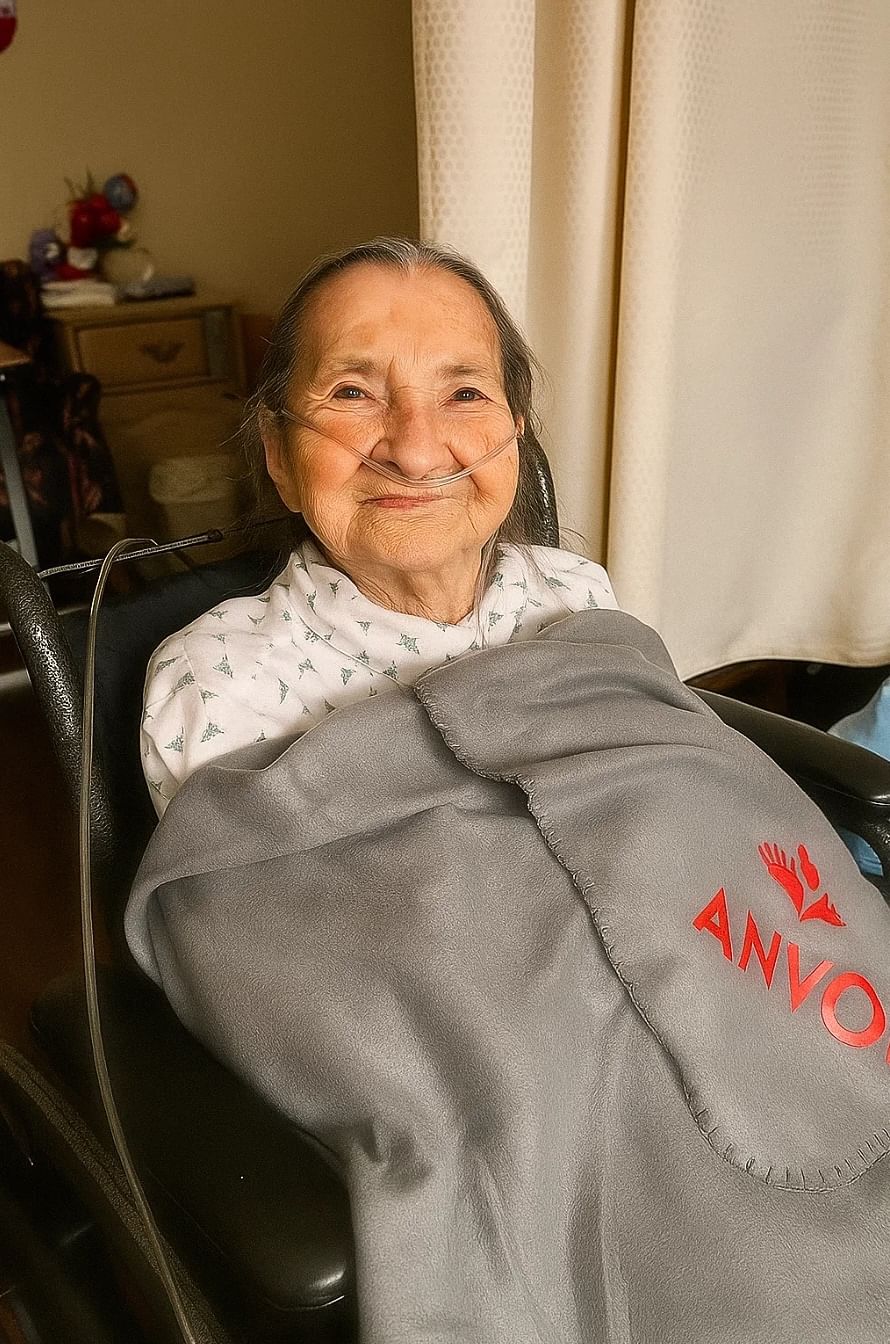Hospice Care for Dementia: When Is the Right Time to Consider It?
Dementia is a progressive condition that affects memory, thinking, and behavior. Over time, it can take a toll not only on the person living with the disease but also on their loved ones who provide daily care. Knowing when to transition to hospice care can be a difficult and emotional decision, but it is one that can help ensure comfort, dignity, and the best quality of life in the final stages.

Understanding Dementia and Its Progression
Dementia is an umbrella term for conditions that affect the brain, such as Alzheimer’s disease, vascular dementia, and Lewy body dementia. These illnesses gradually impair a person’s ability to perform everyday tasks, communicate, and make decisions. In the early stages, care may focus on managing symptoms and maintaining independence. As dementia advances, however, the need for full-time care becomes more pressing, and hospice can offer the specialized support needed.
What Hospice Care Offers for Dementia Patients
Hospice care focuses on comfort and quality of life rather than curing the disease. For those living with late-stage dementia, this means relief from distressing symptoms, emotional and spiritual support, and guidance for family members. Services may include:
- Pain and symptom management
- Assistance with eating, bathing, and mobility
- Emotional and spiritual counseling for patients and families
- Education for caregivers on what to expect as the disease progresses
- Support in making important medical decisions
Signs It May Be Time to Consider Hospice Care
The decision to begin hospice care for dementia often comes when the focus shifts from seeking a cure to ensuring comfort and dignity. While every person’s journey is unique, there are common signs that hospice may be appropriate:
- The individual is unable to communicate meaningfully or recognize loved ones
- Assistance is needed with all daily activities, such as eating, dressing, and bathing
- Weight loss or difficulty swallowing is becoming more frequent
- Multiple infections, such as pneumonia or urinary tract infections, occur within a short period
- Significant changes in mobility, including being bedbound most or all of the time
- Increased agitation, anxiety, or unresponsiveness despite medical management
These signs often indicate that dementia has reached its final stages and that comfort-focused care may be the best approach.

Benefits of Starting Hospice Early
Many families wait too long before starting hospice, often due to uncertainty about eligibility or the belief that it should only be considered in the very final days of life. However, beginning hospice earlier can provide months of valuable support, making the patient’s experience more comfortable and easing the caregiver’s burden. Benefits include:
- Access to 24/7 nursing support for emergencies and concerns
- Medications, medical equipment, and supplies delivered to the home
- Emotional and spiritual guidance for the patient and their loved ones
- Reduced hospital visits and medical stress
- More time for family members to focus on meaningful moments together
How Hospice Supports the Entire Family
Caring for a loved one with dementia can be overwhelming, so quality dementia hospice care not only supports the patient but also the entire family. Care teams offer education, counseling, and respite services so that family caregivers can take much-needed breaks. After a loved one’s passing, grief and bereavement support remain available to help families navigate the healing process.
Choosing the Right Hospice Provider
Selecting a hospice provider is a personal decision. Look for an organization with experience in dementia care, compassionate staff, and services that align with your loved one’s needs and values. At Anvoi Hospice, our team specializes in supporting dementia patients and their families through every stage of care.
How Anvoi Hospice Supports Families Facing Dementia
Anvoi Hospice builds care around the person and the family:
Dementia-Focused Care Plans: Nurses tailor medications and routines to reduce agitation, improve sleep, and prevent discomfort.
Caregiver Training: Practical teaching covers transfers, feeding, skin care, and ways to reduce falls and confusion.
Rapid Response: On-call nurses guide families through new symptoms at any hour.
Team Collaboration: Anvoi coordinates with primary doctors, specialists, and residence staff to keep care consistent.
Bereavement Support: Counselors continue to support families after a loss.
Compassion and Comfort When It Matters Most
Deciding when to transition to hospice care for dementia is never easy, but it can be one of the most compassionate choices you make for your loved one. Hospice focuses on preserving dignity, managing symptoms, and helping families cherish their time together.
If your loved one is showing signs of late-stage dementia, now may be the time to explore your options. Contact Anvoi Hospice today to learn how we can provide the specialized care and support your family deserves.










